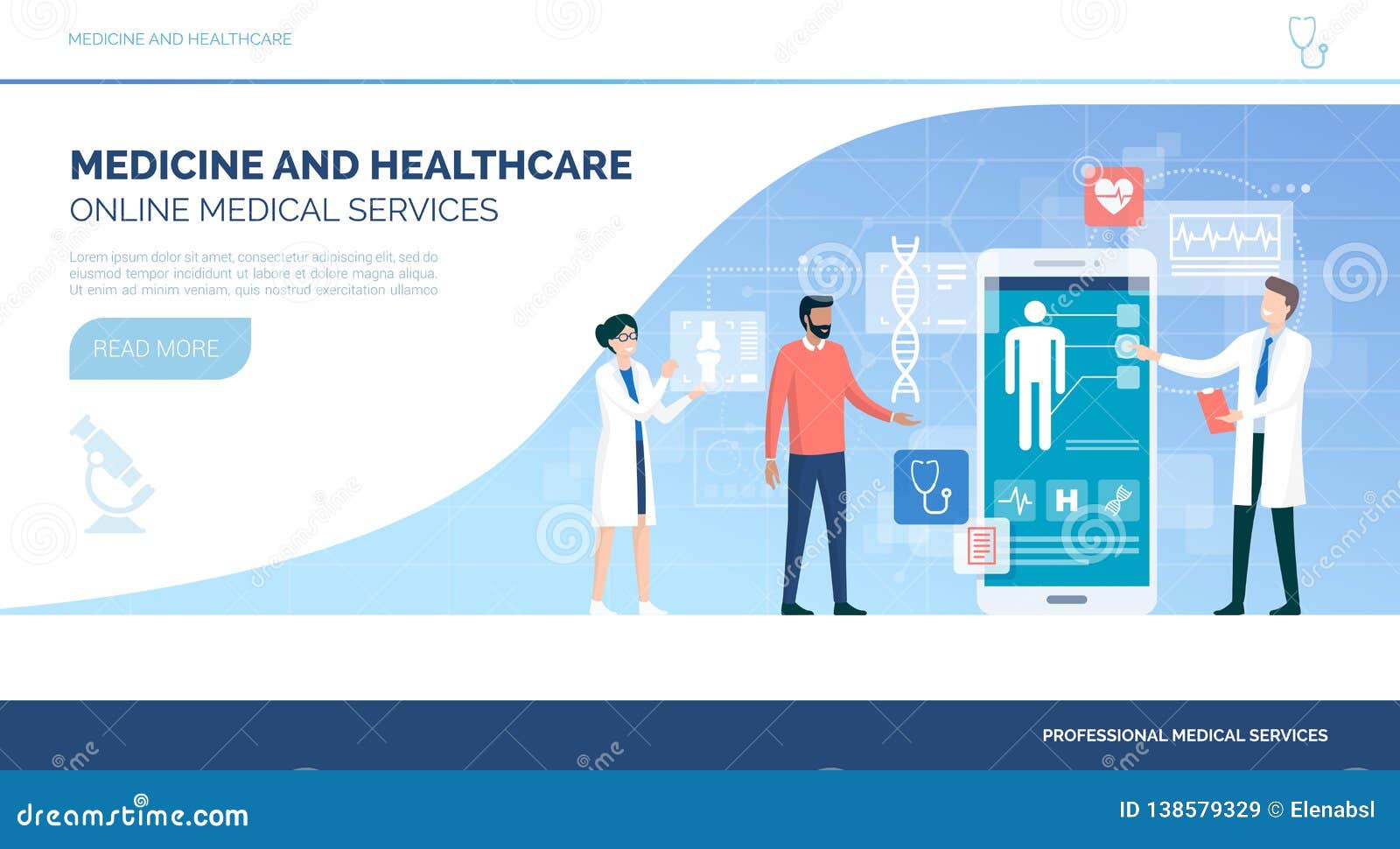Recognizing the Price Savings of Subscription Based Healthcare for Families
Recognizing the Price Savings of Subscription Based Healthcare for Families
Blog Article
Navigating the Future of Medicine With Subscription-Based Health Care Services
As the health care industry evolves, subscription-based services emerge as a crucial design assuring to reshape patient care distribution. The solutions to these questions can essentially modify our method to medical care.
Increase of Membership Medical Care
As health care systems around the world face increasing pressures from rising prices and need for solutions, the arrival of subscription-based healthcare designs has arised as a transformative trend. This cutting-edge technique is interrupting typical healthcare distribution by supplying a foreseeable, flat-rate payment structure for clinical solutions. Rooted in the principles of attendant medication, subscription-based health care enables service providers to concentrate on individualized client care while at the same time handling operational efficiencies.
The rise of this model can be credited to several elements. Technological improvements have actually made it possible for much more smooth integration of care with telehealth and electronic health and wellness records, helping with the scalability of subscription services. The enhancing customer need for transparency and predictability in medical care costs has actually driven the change towards this model. Subscription-based services typically use direct accessibility to healthcare professionals, which can minimize the administrative problems related to insurance policy cases and compensations (subscription based healthcare).
This model is getting grip amongst diverse doctor, from health care doctors to specialized centers, by aligning monetary incentives with continual and precautionary treatment. By moving the emphasis from volume to value-based treatment, registration health care has the potential to reshape the landscape, fostering an extra patient-centered and lasting technique to health and wellness monitoring.
Advantages for People

Additionally, subscription-based services often highlight precautionary care, urging routine exams and health testings. This proactive technique can lead to early discovery of health issues, possibly boosting results and lowering long-term health care prices for individuals. Such designs normally use clear pricing, enabling people to better understand their medical care costs and avoid unexpected clinical bills.
The individualized nature of subscription-based healthcare additionally enhances patient experience. Clients can get customized medical care plans that suit their specific demands, fostering an extra patient-centric approach.
Technology's Function in Transformation

Man-made knowledge (AI) plays a vital duty in anticipating analytics, aiding in early medical diagnosis and customized treatment plans. AI formulas analyze original site vast datasets to see this here identify patterns that may be ignored by human monitoring, thus enhancing professional decision-making. Digital health records (EHRs) streamline person details monitoring, making certain continuity and comprehensibility of care throughout numerous solutions and suppliers.
Blockchain modern technology enhances data safety and privacy, crucial for keeping client trust in digital systems. It allows clear and protected deals of clinical data, ensuring that delicate details remains protected. With the integration of artificial intelligence and AI, blockchain can automate complex healthcare procedures, decreasing management burdens.
Factors To Consider and obstacles
While modern technology propels the capacities of subscription-based health care solutions, it also presents a set of difficulties and factors to consider that need to be resolved to guarantee effective implementation. One considerable obstacle is the equitable access of these solutions. As registration versions commonly depend on electronic systems, there is a threat of aggravating the digital divide, leaving behind people without net gain access to or electronic literacy. Ensuring these solutions do not overmuch profit only tech-savvy and affluent populaces is essential.
Data privacy and safety and security represent another crucial factor to consider. Subscription-based services usually entail the collection and storage space of large quantities of individual health information. Suppliers have to adhere to strict information security laws to keep individual trust and stop unauthorized access, which check out here might lead to considerable moral and legal effects.
Moreover, the sustainability of subscription versions poses a challenge. As healthcare needs develop, keeping a cost-effective equilibrium in between membership charges and solution quality is essential to avoid person dissatisfaction and attrition. Incorporating these solutions within traditional healthcare systems calls for smooth interoperability between systems, which is typically a complicated and resource-intensive undertaking. Attending to these challenges is vital as subscription-based healthcare solutions remain to evolve and expand.
Future Implications for Medicine
Subscription-based health care services are poised to substantially influence the future landscape of medication by improving how treatment is accessed and provided. These designs supply the possible to equalize healthcare accessibility, offering individuals with more customized and prompt treatments. By leveraging technology, such as telemedicine and data analytics, subscription solutions can assist in continual surveillance and tailored health monitoring, therefore boosting outcomes and decreasing the worry on conventional healthcare systems.
As these services gain grip, they can promote a change in the direction of preventative treatment, highlighting the importance of very early detection and monitoring of chronic conditions. This positive strategy might eventually reduce healthcare costs by minimizing the need for pricey treatments arising from late-stage condition management. Registration versions supply a scalable remedy to attend to differences in healthcare access, especially in underserved or rural populaces.
Nonetheless, the change in the direction of subscription-based models demands dealing with regulatory and ethical factors to consider, including data privacy and fair accessibility. As the market advances, joint initiatives between policymakers, technology designers, and doctor will be vital to developing durable structures that guard client interests while promoting development. Ultimately, these solutions assure to add substantially to a more reliable, patient-centered medical care environment.

Final Thought
Subscription-based healthcare services represent a substantial development in the medical field, providing foreseeable costs and customized care that improve ease of access and focus on precautionary steps. As the health care landscape develops, membership designs are positioned to play a vital role in forming the future of medication.
As the health care industry evolves, subscription-based solutions arise as a critical model promising to improve person treatment distribution.As healthcare systems around the world face increasing stress from increasing expenses and need for services, the advent of subscription-based medical care versions has actually arised as a transformative pattern (subscription based healthcare).With the increase of subscription-based health care designs improving traditional health care distribution, individuals are starting to experience considerable advantages from this innovative strategy. As health care requires develop, keeping an affordable equilibrium between subscription charges and service high quality is important to avoid person discontentment and attrition.Subscription-based health care solutions are poised to significantly affect the future landscape of medication by reshaping just how care is accessed and supplied
Report this page